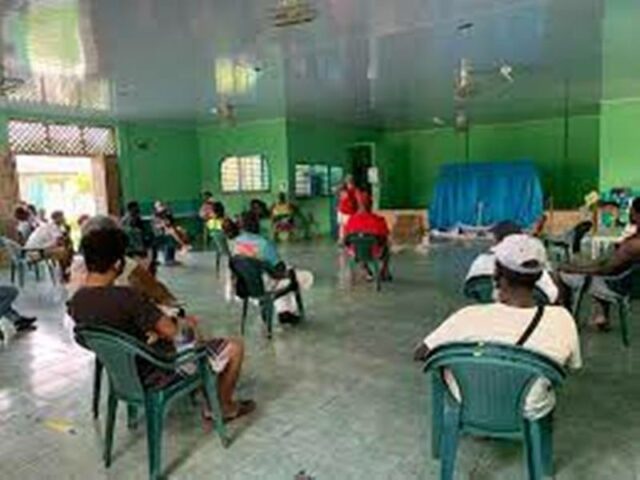The communities of Costa Rica, which are part of the Marine Territories in Dominicalito and Tárcoles (in the Pacific), as well as Cahuita (Caribbean), develop an effort to implement a work model in the field of artisanal fishing that, among other goals, was proposed to improve the quality of life of those who form part of this economic activity by measuring goals in 12 specific areas.

In these places, where some 650 artisanal fishermen and women work, the organizations CoopeTárcoles RL, the Cahuita Fishermen’s Association (ASOPESCAHUI), and the Mar Nuestro Association of Dominicalito, put into operation a management tool called “Model of the 12 Oars” together with the Network of Marine Areas of Responsible Fishing and Marine Territories of Life.
The strategy is defined as an instrument to measure the achievement of goals in the following areas: organization, governance, organizational management, gender, responsible fishing, marketing, accountability, biological information, community welfare, social solidarity economy, legalization, markets and technology of the information and communication.
This evaluation system has legal support in Executive Decree No. 42955-MAG (Gaceta No. 83 of April 30, 2021), where the 12 Oars model is declared as an initiative for the development and consolidation of the rights to fishing responsible artisanal “opening the opportunity and hope to the communities of artisanal fishermen, to improve a good quality of life-based on their traditional means of production”.
Measurable goals
The verification of the advances in each one of the criteria of the oars is in charge of a Monitoring Committee where various institutions with competences in the respective subject participate, which are in charge of verifying the advances or setbacks through periodic field visits.
According to the CoopeSoliDar RL technical team, this measurement makes it possible to quantify the work carried out by organizations, but also offers information and data to know first-hand what are the strengths or weaknesses that affect the quality of life of artisanal fishermen.
“This initiative is a valuable tool for fishermen and institutions and I would say almost unique in the world in order to establish clear goals in small-scale fishing communities. It is a guide that allows us to know where we are going on the road towards socially and environmentally desirable purposes, which contribute to promoting environmentally friendly development for the benefit of an activity that is an important source of income on the coasts of the country”, NirladyArtavia, a fisherwoman from the GolfoDulce of Costa Rica and part of the Network of Marine Areas of Responsible Fishing and Marine Territories of Life, specified.
To highlight the importance of this economic activity, last year the Food and Agriculture Organization of the United Nations (FAO) declared 2022 as the International Year of Artisanal Fisheries and Aquaculture in order to support improving the quality of life of these sea workers, the vast majority of whom work in areas of low socioeconomic development.

